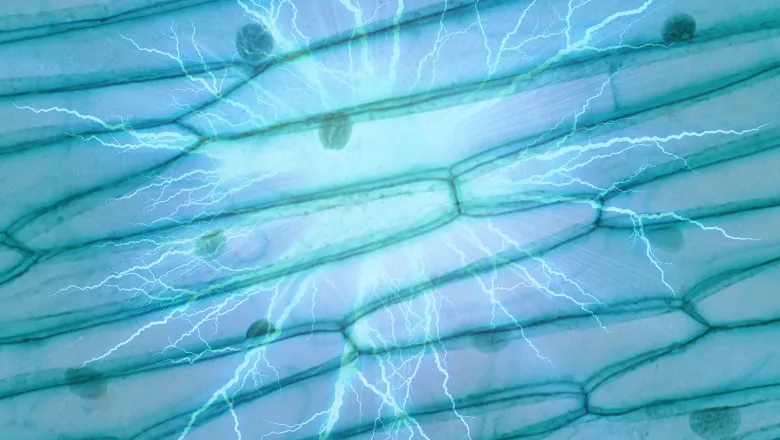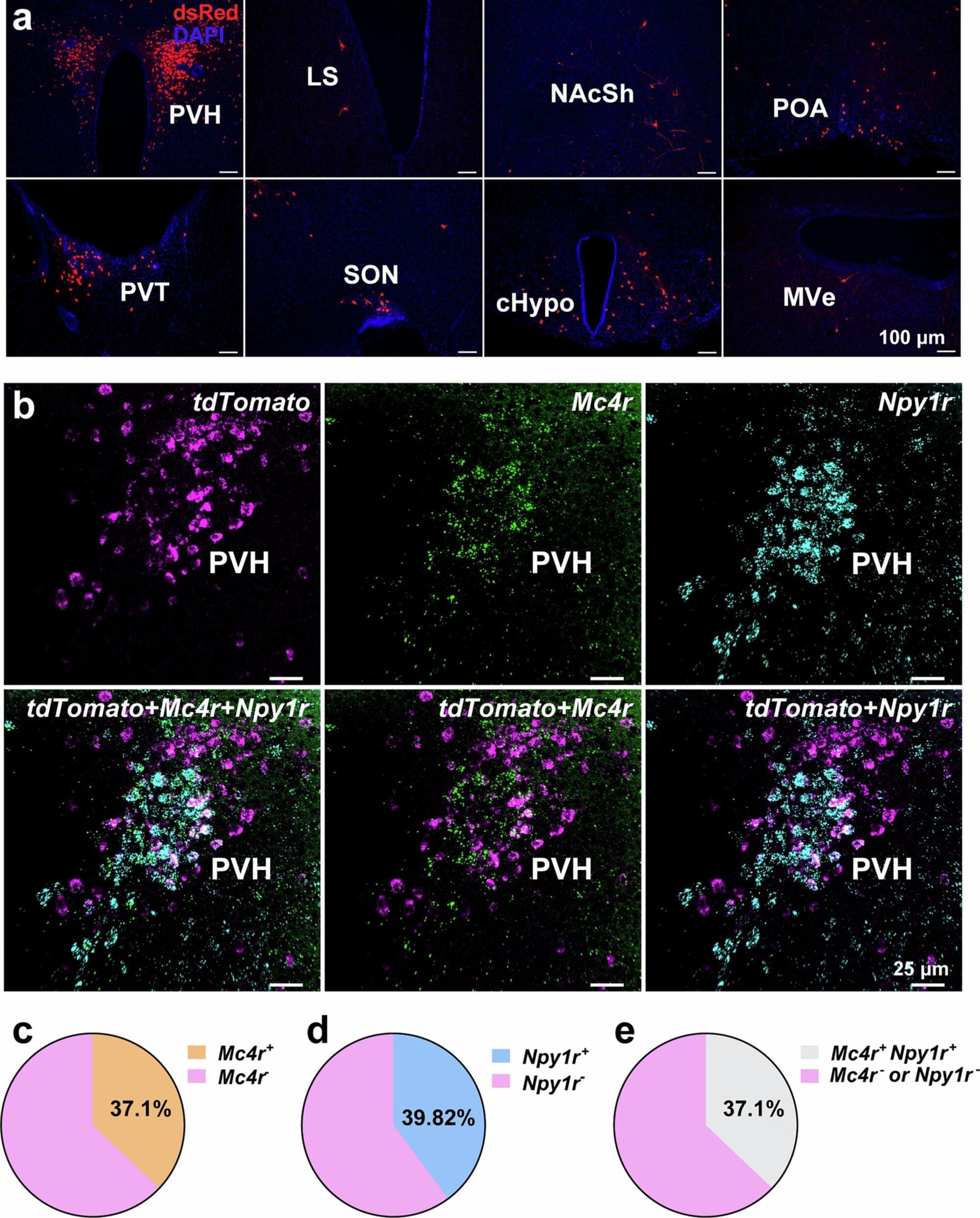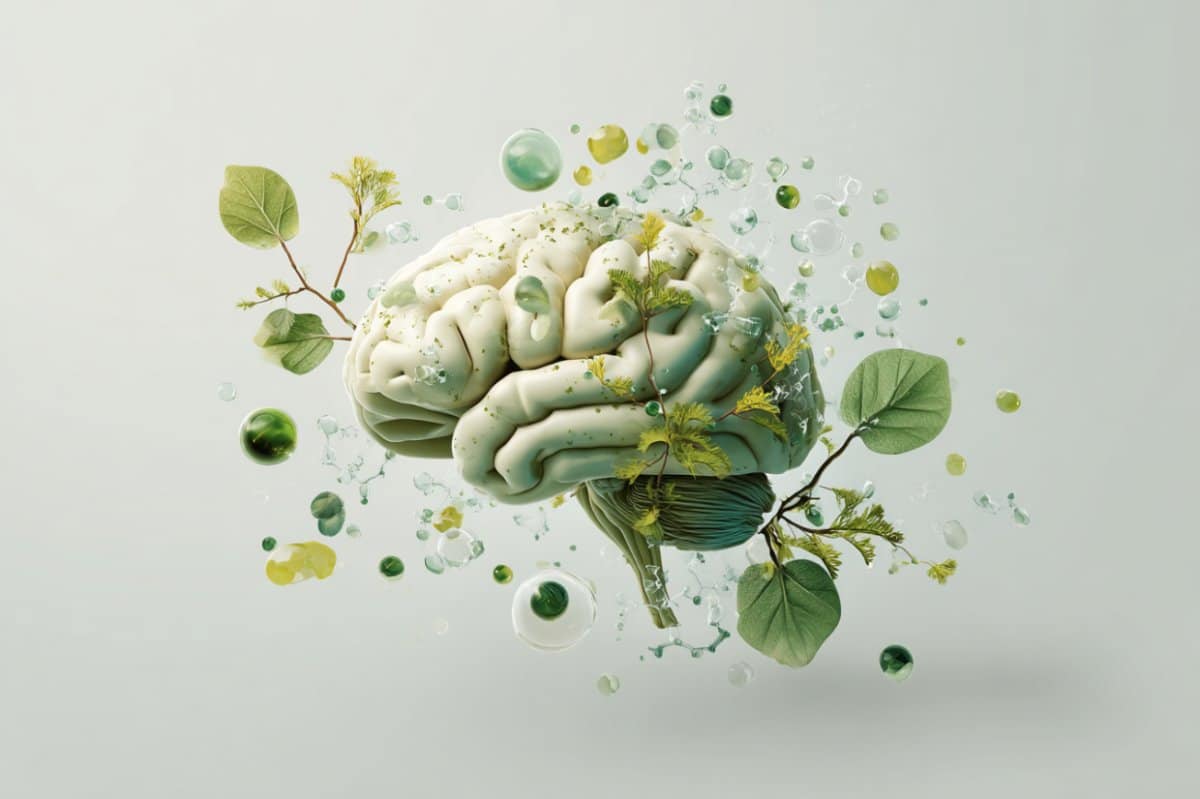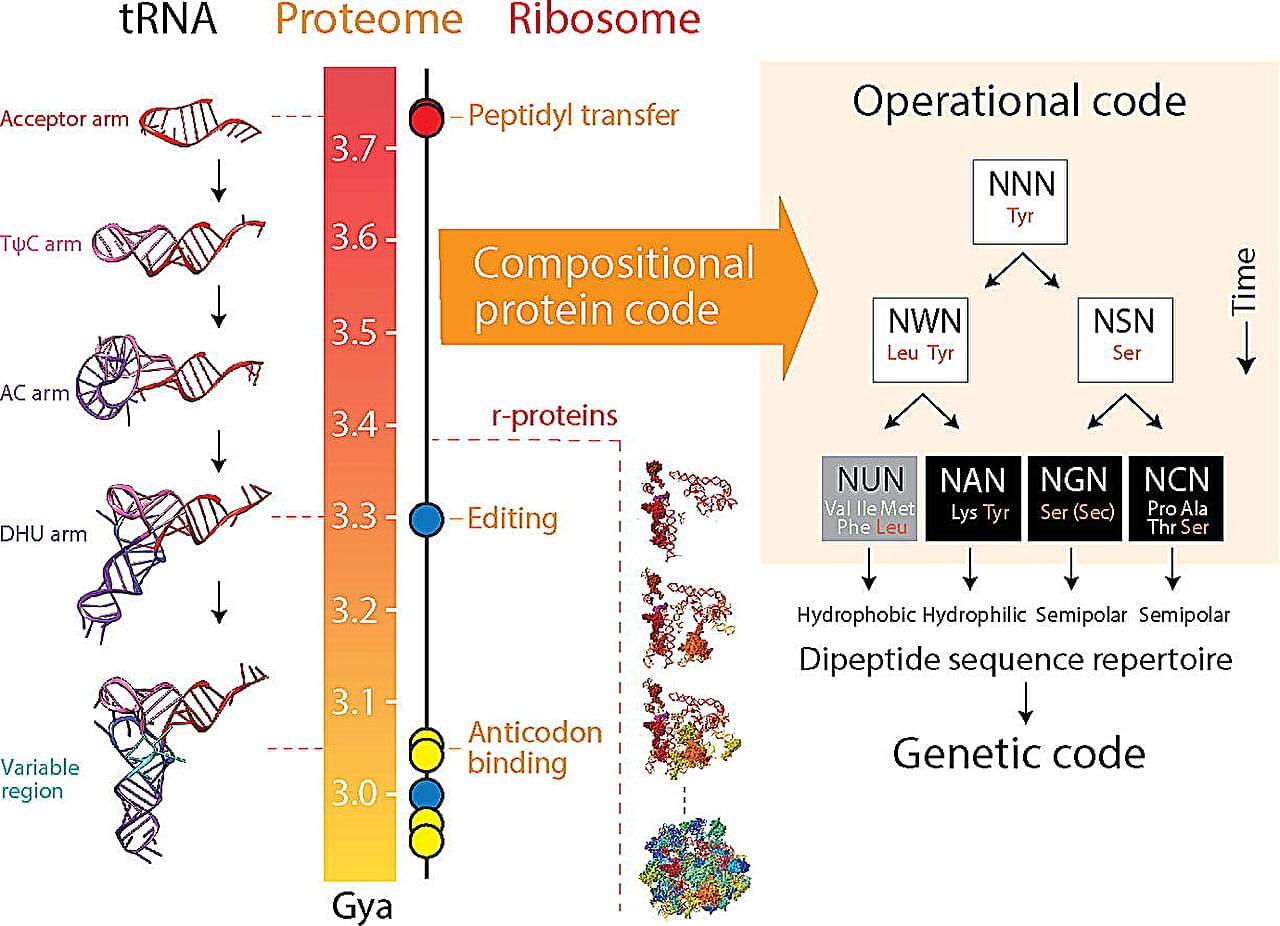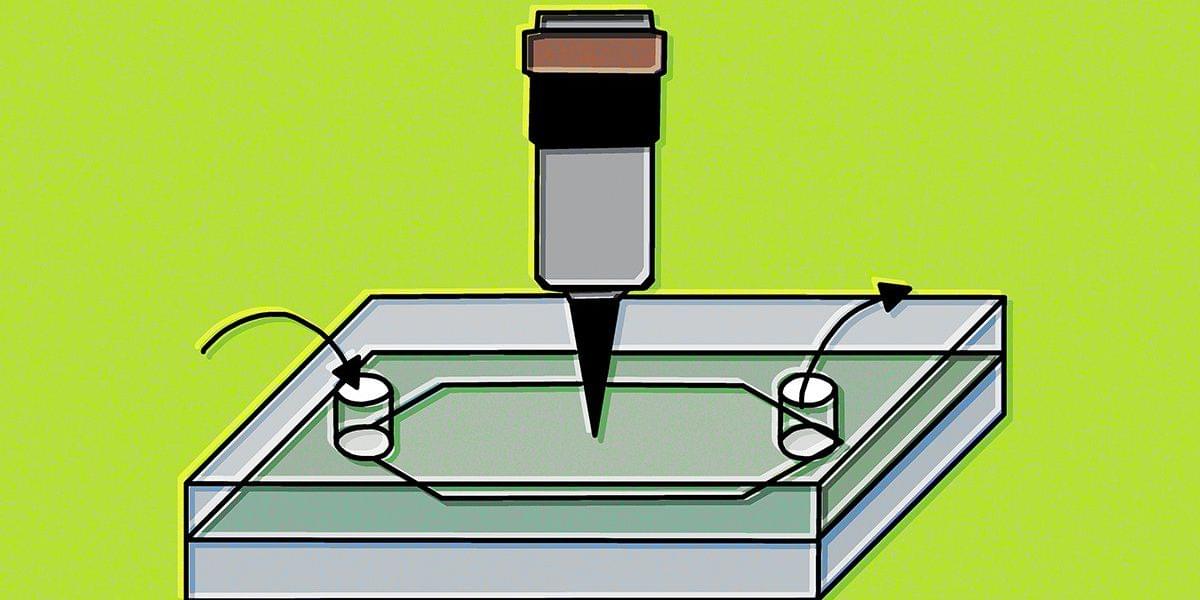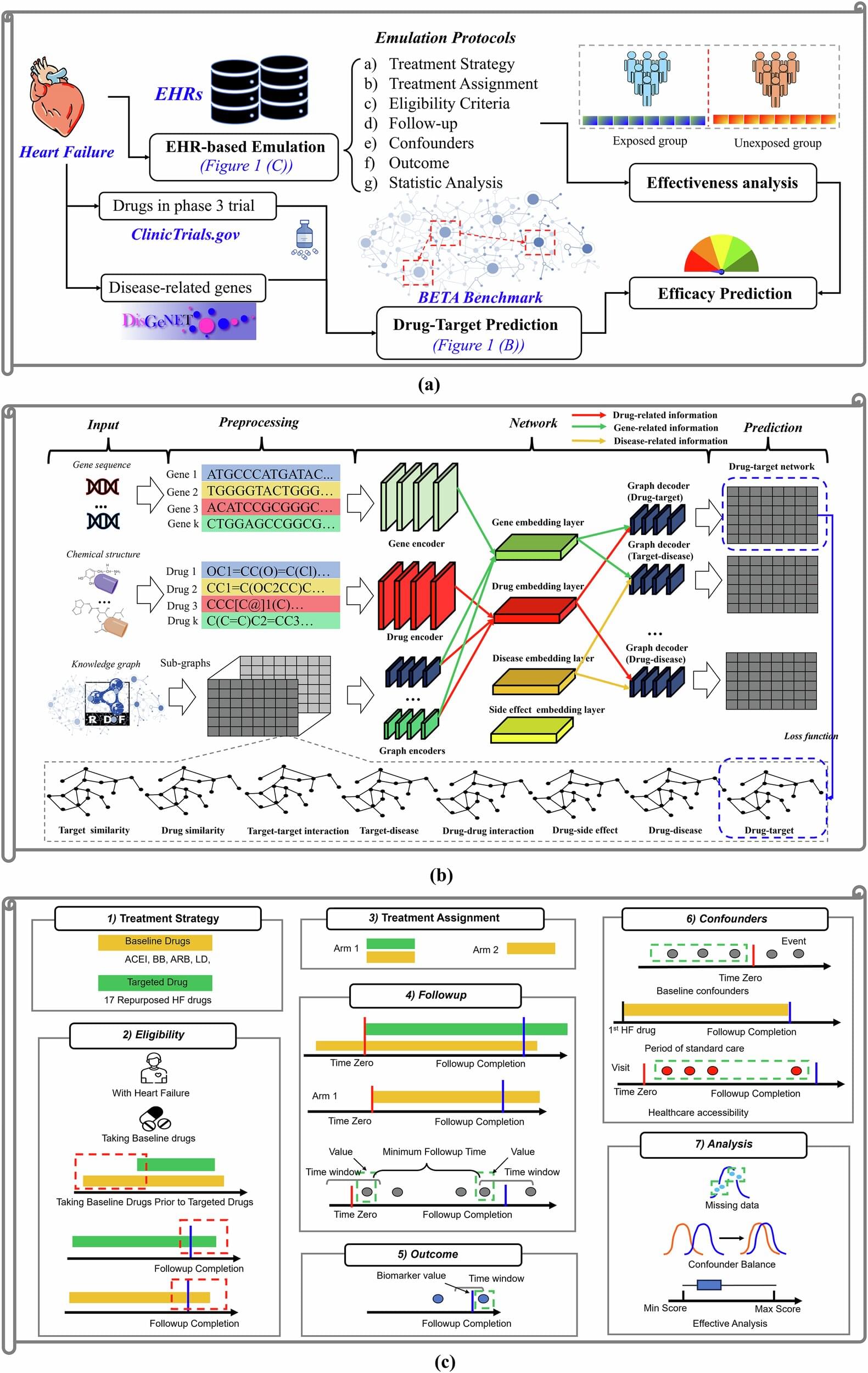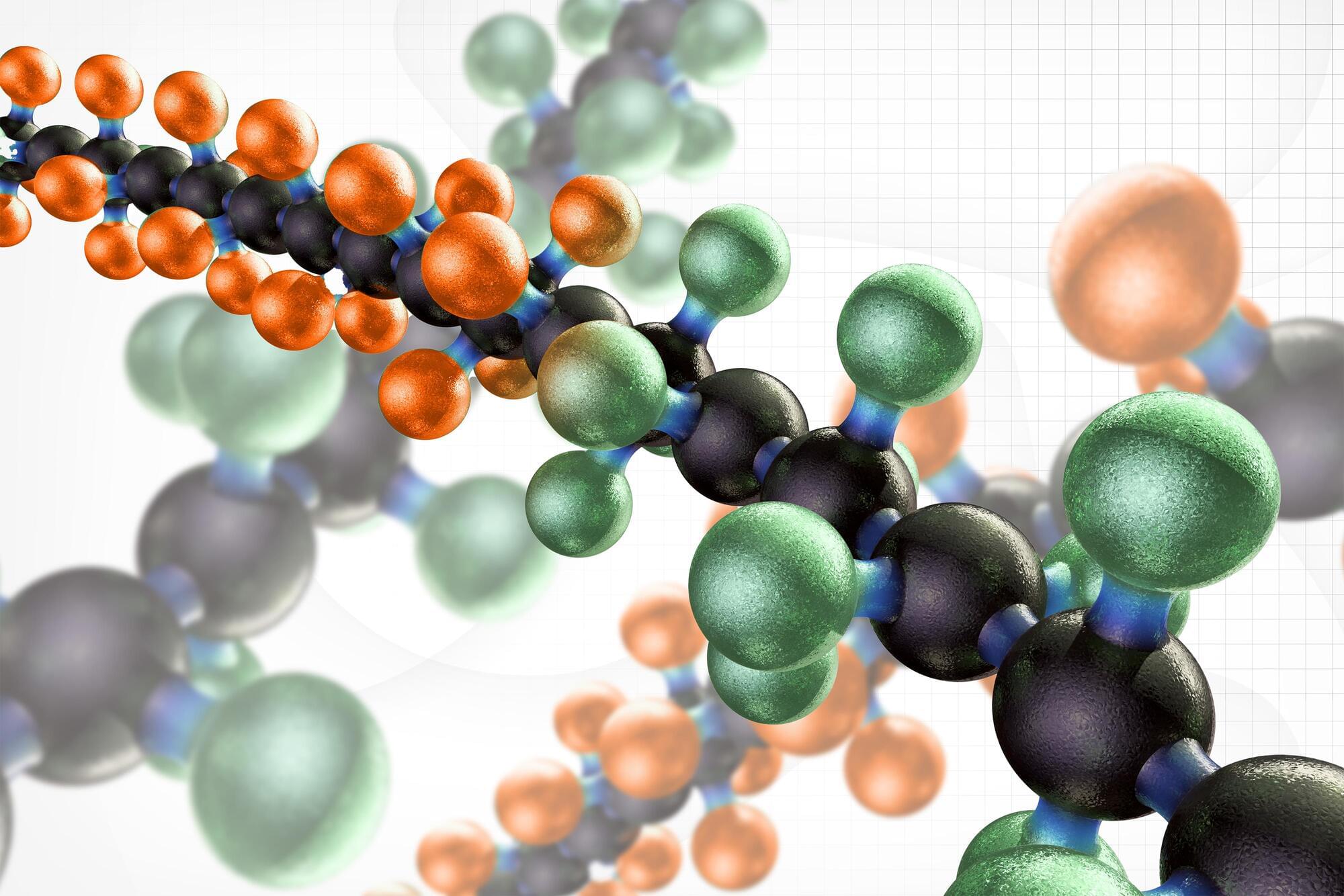Scientists have discovered that the protective cell layers lining our organs operate like an electrical surveillance system, using lightning-like flashes to identify and eliminate their most energy-depleted neighbors. This cellular quality control mechanism, revealed in a new Nature study, could reshape our understanding of diseases from cancer to stroke.
The research team from King’s College London and the Francis Crick Institute uncovered this process while studying epithelial cells – the tightly packed cellular barriers that line every organ in the human body. These cells constantly turnover to maintain healthy protective layers, but researchers had long puzzled over which specific cells get selected for elimination in crowded tissues.
Using specialized microscopy, the scientists noticed something unexpected: brief, lightning-like electrical flashes around cells just before they were squeezed out and died. This electrical signature, they discovered, wasn’t random but represented a sophisticated energy-sensing mechanism that targets the cellular equivalent of the weakest links.
